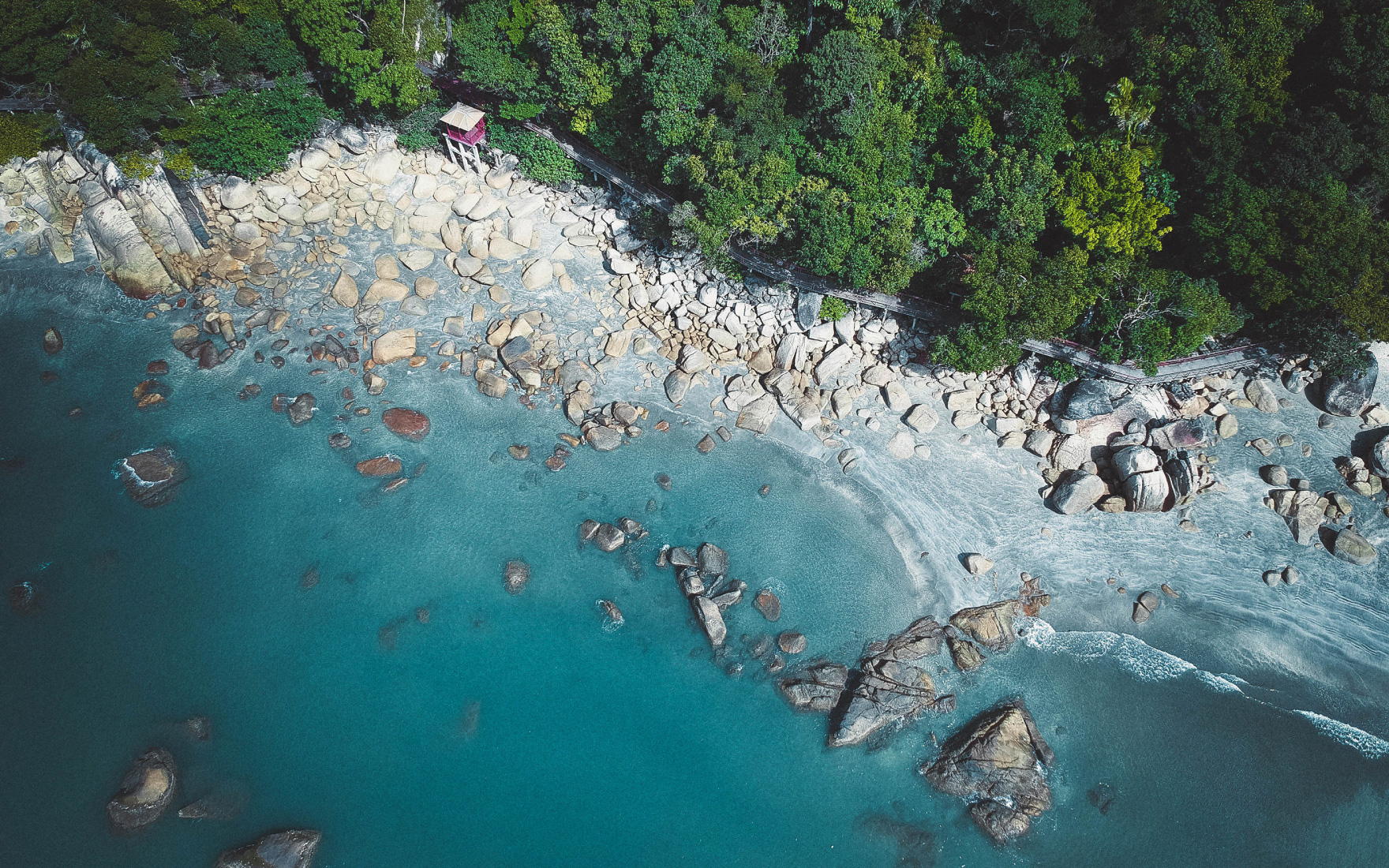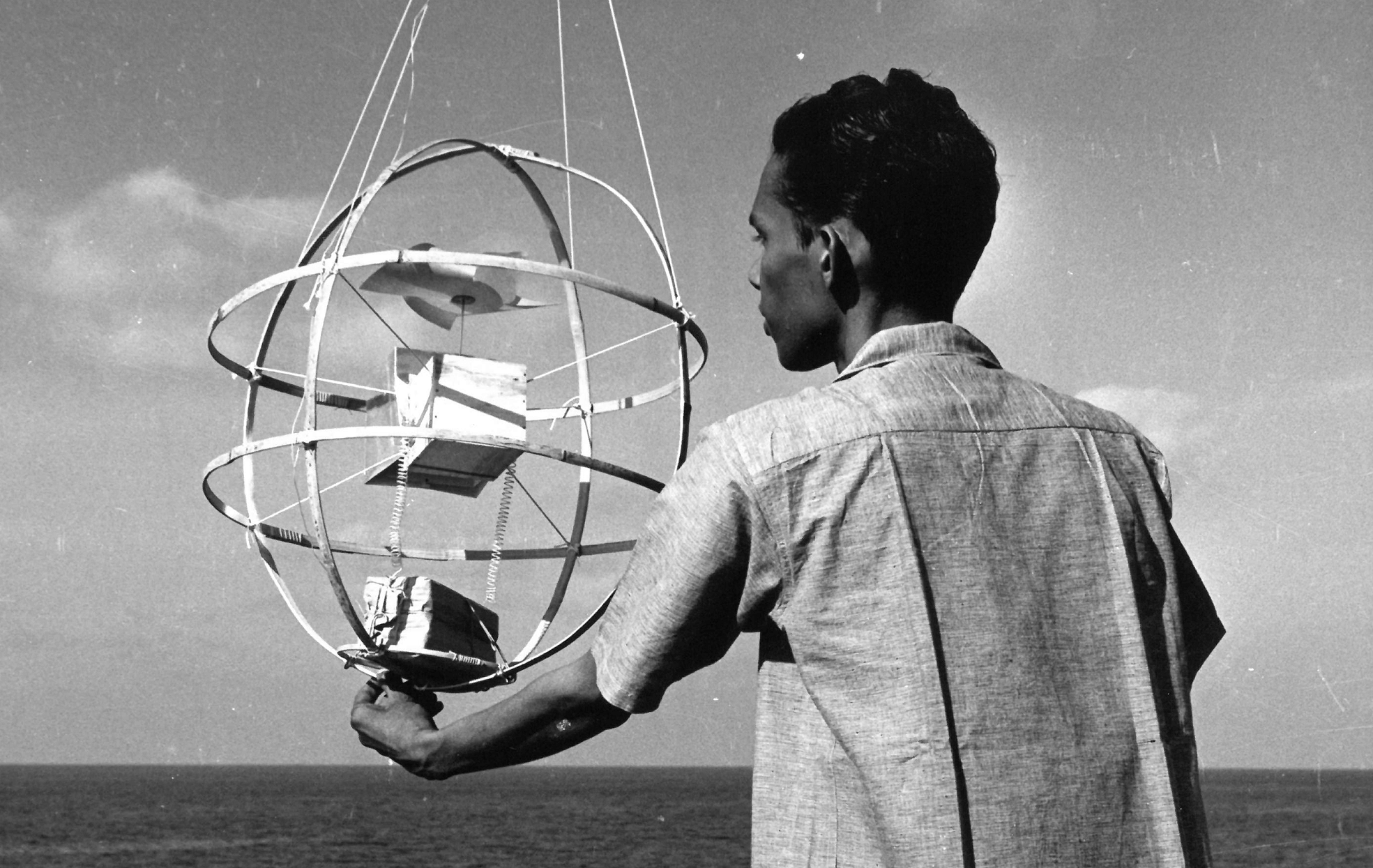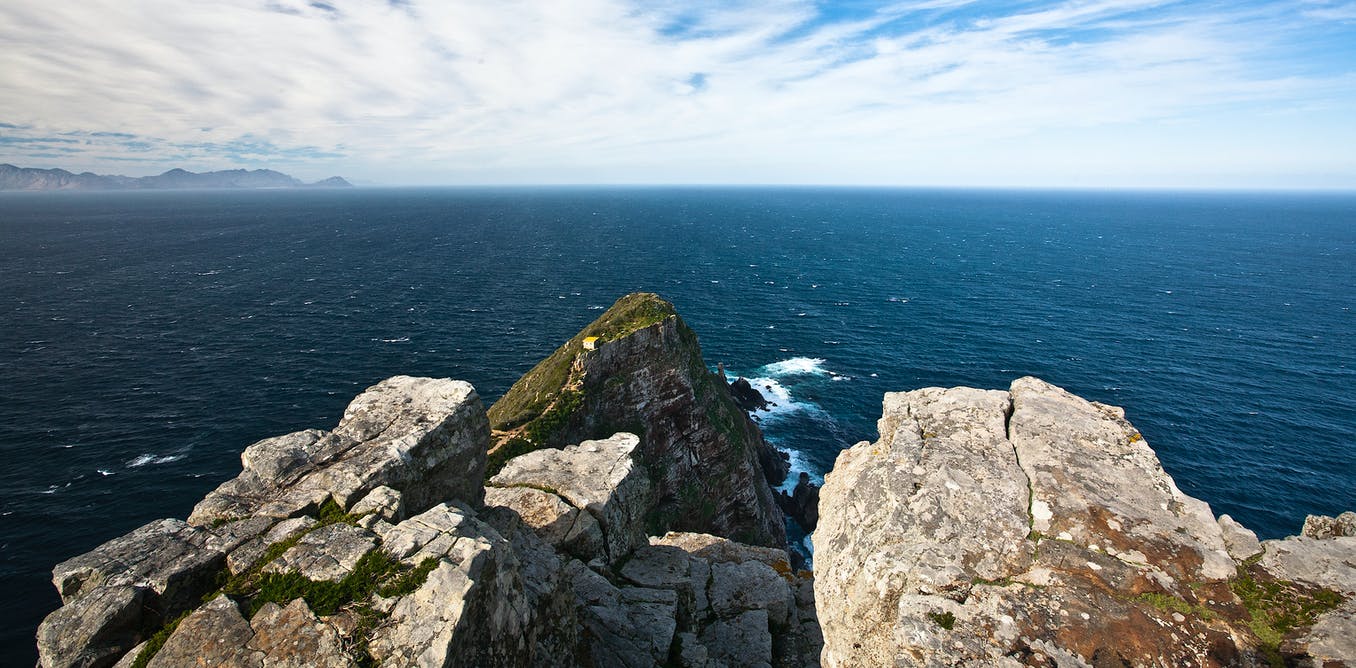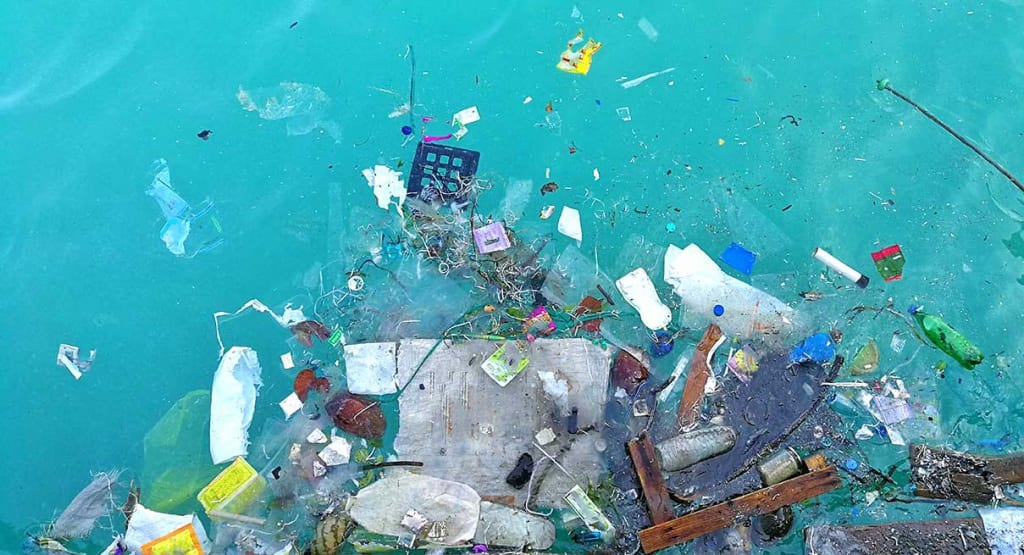The emergence of large quantities of invasive seaweed (Sargassum) along the Caribbean Islands, Gulf of Mexico and the West African coasts over the past decade is contributing to increased vulnerability in these regions. The floating seaweeds clogs fishing nets and engines, in some cases destroying them. When beached, seaweeds can pile up to over several meters and generate a pungent smell when decaying disrupting fishing and recreational activities. To effectively deal with the situation, there is the need to set up a regional network of stakeholders including researchers and policy makers in the West Africa sub-region (people in the sub-region identified for the network include Jacques Abe, Paul Abu Lamin, Komoe Koffi, Dogbè Clément Adjahouinou and Bolaji Dunsin Abimbola). Such a network will facilitate promoting and operationalize a regional monitoring system as proposed by the Abidjan Convention. The network will also provide a platform for countries in the West African sub-region affected by sargassum to put together relevant research proposals for funding, influence policy decisions, organize workshops and conferences. It will also promote data sharing among affected countries which is critical for management. In addition, the network will facilitate exchange of ideas and capacity building by linking up with similar networks across the Atlantic Ocean particularly within the wider Caribbean Sea where the Sargassum is also commonly present.
The Teleconneted SARgassum risks across the Atlantic: building capacity for Transformational Adaptation in the Caribbean and West Africa (SARTRAC) project, which is a collaboration between University of Ghana, University of Southampton and University of West Indies has created a platform for fruitful interactions with scientists in the Caribbean.
For more information, please contact:
Prof. Kwasi Appeaning Addo.
Associate Professor in Coastal Processes and Delta Studies
Director, Institute of Environment and Sanitation Studies (IESS)
University of Ghana
Email: This email address is being protected from spambots. You need JavaScript enabled to view it._
Milcah Ndegwa
Global Programme of Action for the Protection of the Marine
Environment from Land Based Activities (GPA)
Ecosystem Division
United Nations Environment (UNEP)
P.O. Box 30552 (00100)
Nairobi, Kenya
Tel. +254-(20)-762-5278
Email: This email address is being protected from spambots. You need JavaScript enabled to view it.
Website: www.unep.org/gpa [1]






